 |
| © Carrie Boyko Tanner and Oliver Love Carrots for Snacks |
Dear Dr. Pat:
We use different human foods to supplement our dogs' kibble, like chicken, turkey, pasta, cheese and rice. No bones or fruit or vegetables. My friend told me about All Things Dog Blog and I see there that sometimes dogs are given carrots and green beans and broccoli. No onions or garlic? What else? I would be able to give Angel and Skippy vegetables but I want to make sure I do not feed anything that is dangerous. I know about chocolate and read here about grapes and raisins. Can you tell me what else to avoid.
Thanks,
Penny T.
---------------------------------------
Believe it or not, Penny, this is not as straightforward a question as it sounds. So I’ve grouped problem foods into "scientific" categories to help make it easier.
Category I: “If you know it’s not good for your baby, for goodness’ sake, don’t give it to your dog!”
Alcohol, coffee, candy, chocolate, tea, colas (especially sugar-free), fruit pits, any food that is moldy or nasty, or your prescription medicines.
Category II: “You can’t believe how bad these can be for your dog!”
Avocadoes, macadamia nuts, persimmons
Category III: “Hysterical reactions in the news lately for causing toxicity in small quantities in a small percentage of dogs”
Onions, garlic, raisins, grapes, mushrooms
Category IV: “Most dogs enjoy and tolerate well in moderation (if introduced slowly, or given with digestive enzymes):
Milk, cheese, pasta, meat fats, eggs, cooked broccoli
Category V: “Some dogs have had bad reactions to in small quantities:
Everything else
Category VI: “Foods that can be toxic in large quantities”:
See Category V, including water
So my advice is to memorize and avoid the items in Categories I and II. And even if Angel and Skippy get some by accident, chances are they’ll be OK.
People have given beer and chocolate and grapes to dogs for as long as I’ve been around. And dogs have been getting into garbage and stealing food off the counters since…well, even before there were kitchen counters. And probably 99% of them were OK.
Most dogs, like most humans, can tolerate moderate amounts of most things without long-term consequences. But we all know people who are so sensitive to things like shellfish or nuts or MSG that even one bite can be life-threatening.
I think it’s likely that the items in Category III are like that. While I’ve never seen a bad reaction to grapes or garlic -- in fact, I recommended giving them for decades – individual dogs can be so susceptible that even a little can be life-threatening.
A wonderful book to have as a resource for nutrition is Dr. Richard Pitcairn’s Natural Health for Dogs and Cats. And just in case…keep the number for the Poison Control Center handy: 888.426.4435*
For a visual aid on dangerous foods for your dog, check out the slideshow by WebMD, posted here at Doggie No-No's at Snacktime.
* Check the Pet Emergency Resources page, here on All Things Dog Blog, to look for other poison control numbers, as well as many different types of emergency help.
Thanks for writing!
Dr. Pat
 |
| (c) courtesy P. Bradley |
Have a question for Dr. Pat? You can reach us at LetsAdoptaDogPark@gmail.com. For a personal consultation about your pet's needs, visit Holistic Veterinary Services.
Dr. Pat's opinion or advice does not replace an actual exam with a veterinarian
Are you interested in checking out other sites on the Internet? Let's hookup with another blogging group to see what's new with them. Feel free to follow the links below to see what's new. While you're there, be sure to offer a thank you comment at the host's site: Free Hot Samples.















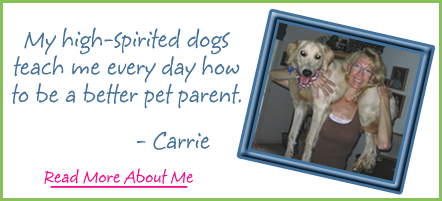
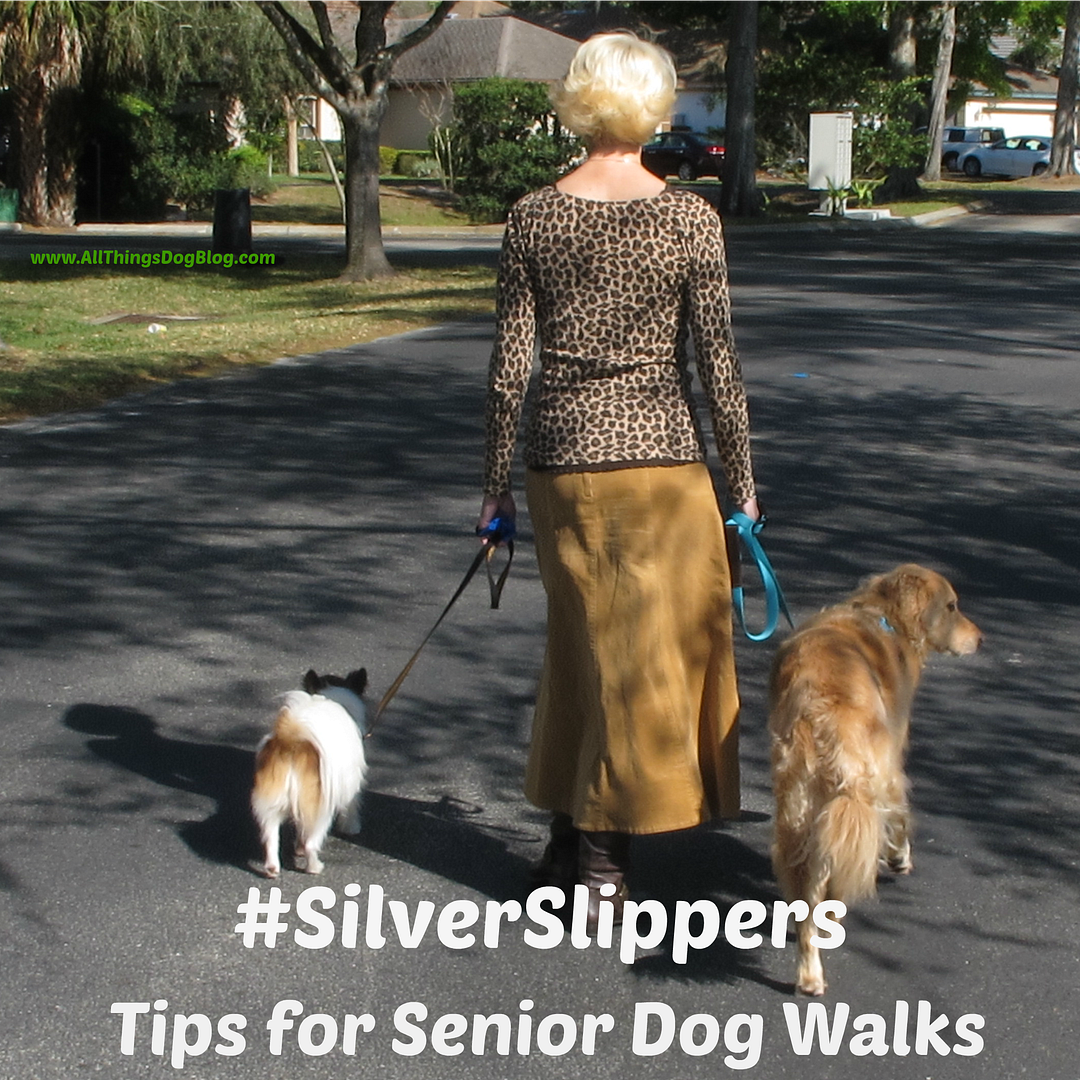






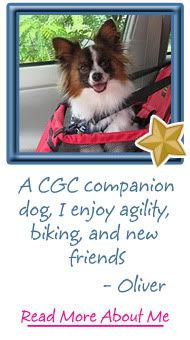

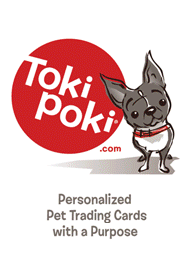



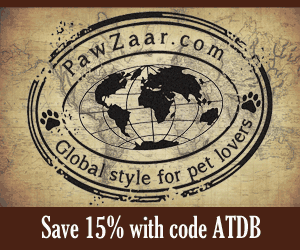



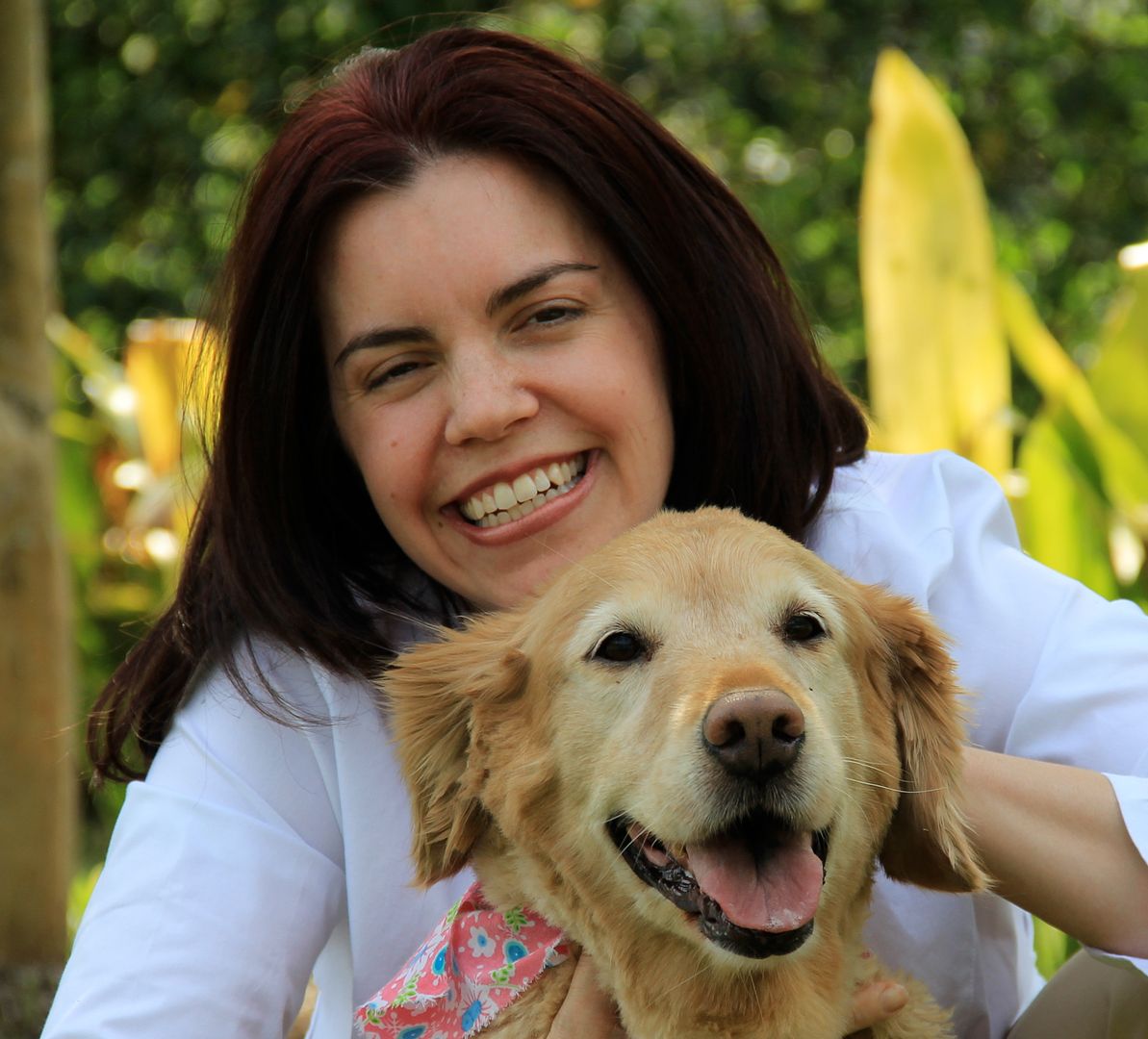



2 comments:
K-Koira said...
I actually just found the Pitcairn book at a antique store for $2. Made me pretty excited.
Anonymous said...
This is great practical information, delivered without the hysteria I see elsewhere. I'd be sure to add xylitol to the list which many people use as a sugar substitute. Thanks, Dr. Pat and Carrie!
Post a Comment